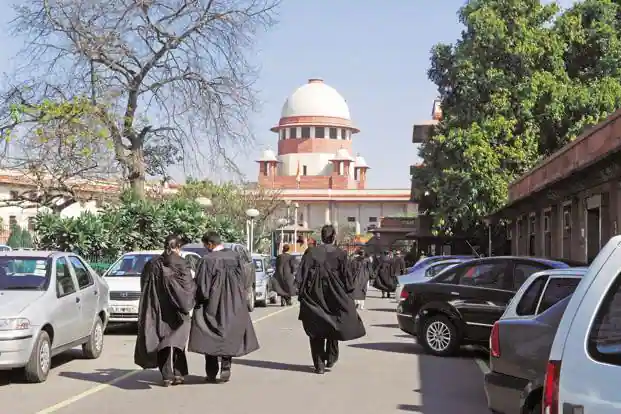Description

Copyright infringement not intended
Context
- The Union government is planning to change the Supreme Court’s guidelines for the designation of senior lawyers, issued by the Court in the case of ‘Indira Jaising vs. Union of India’ (2017).
- The government stated that the guidelines are not comprehensive.
Details
- In 2017, the Supreme Court released a list of “Guidelines to Regulate the Conferment of Designation of Senior Advocates”. These guidelines after a case filed by India’s first woman Senior Advocate Indira Jaising (‘Indira Jaising vs. Union of India’), for greater transparency in the process of designating.
- The Court guidelines discouraged the system of ‘voting by secret ballot”, except in cases where it was “unavoidable.”
- According to the 2018 guidelines, a “Committee for Designation of Senior Advocates” was created under the chair of the Chief Justice of India (CJI) and consists of two senior-most Supreme Court judges, the Attorney General of India, and a “member of the Bar” nominated by the chair and other members.
- The Committee was to meet at least twice a year.
- The CJI or any other judge could recommend the name of an advocate for the designation of senior lawyers.
- Advocates could also submit their applications to the committee, after which the committee members would evaluate them on several criteria like 10-20 years of legal practice, be it as an advocate, district judge, or judicial member of an Indian tribunal where qualification for eligibility is not less than that prescribed for a district judge.
.jpeg)
Process before 2017
- Section 16 (1) of the Advocates Act, 1961 states that “there shall be two classes of advocates, namely, senior advocates and other advocates.”
- Section 16 (2) allows an advocate to be designated as a senior advocate if he consents to it, and “if the Supreme Court or a High Court is of opinion that by virtue of his ability (knowledge or experience in law], he is deserving of such distinction.”
- The Chief Justice of India designated an advocate as a ‘senior’ advocate.
Supreme Court decision in the ‘Indira Jaising’ case
- In 2017, senior advocate Indira Jaising challenged the existing process as “opaque”, “arbitrary” and “fraught with nepotism.”
- In October 2017, a three-judge bench of the Supreme Court headed by the Chief Justice of India decided to lay down guidelines for itself and all High Courts on the process of designating senior advocates.
- The court decided to set up a “permanent committee” and a “permanent secretariat”, a body tasked with receiving and compiling all applications for designation with relevant data, information, and the number of reported and unreported judgments.
- After this, the proposal for designation is to be published by it on the official website of the concerned court, inviting suggestions and views, which shall then be forwarded to the permanent committee for scrutiny.
- The committee then interviews the candidate and makes an overall evaluation based on years of practice, pro-bono work undertaken, judgments, publications, and a personality test.
- Once a candidate’s name is approved, it will be forwarded to the Full Court to decide based on the majority.
- The Full Court can also recall the designation of a senior advocate.

https://indianexpress.com/article/explained/explained-law/centre-designating-senior-advocates-at-supreme-court-process-explained-8455537/











